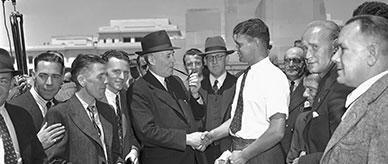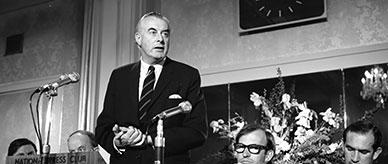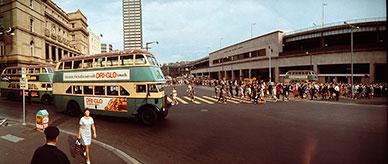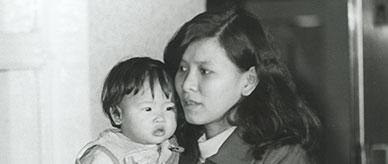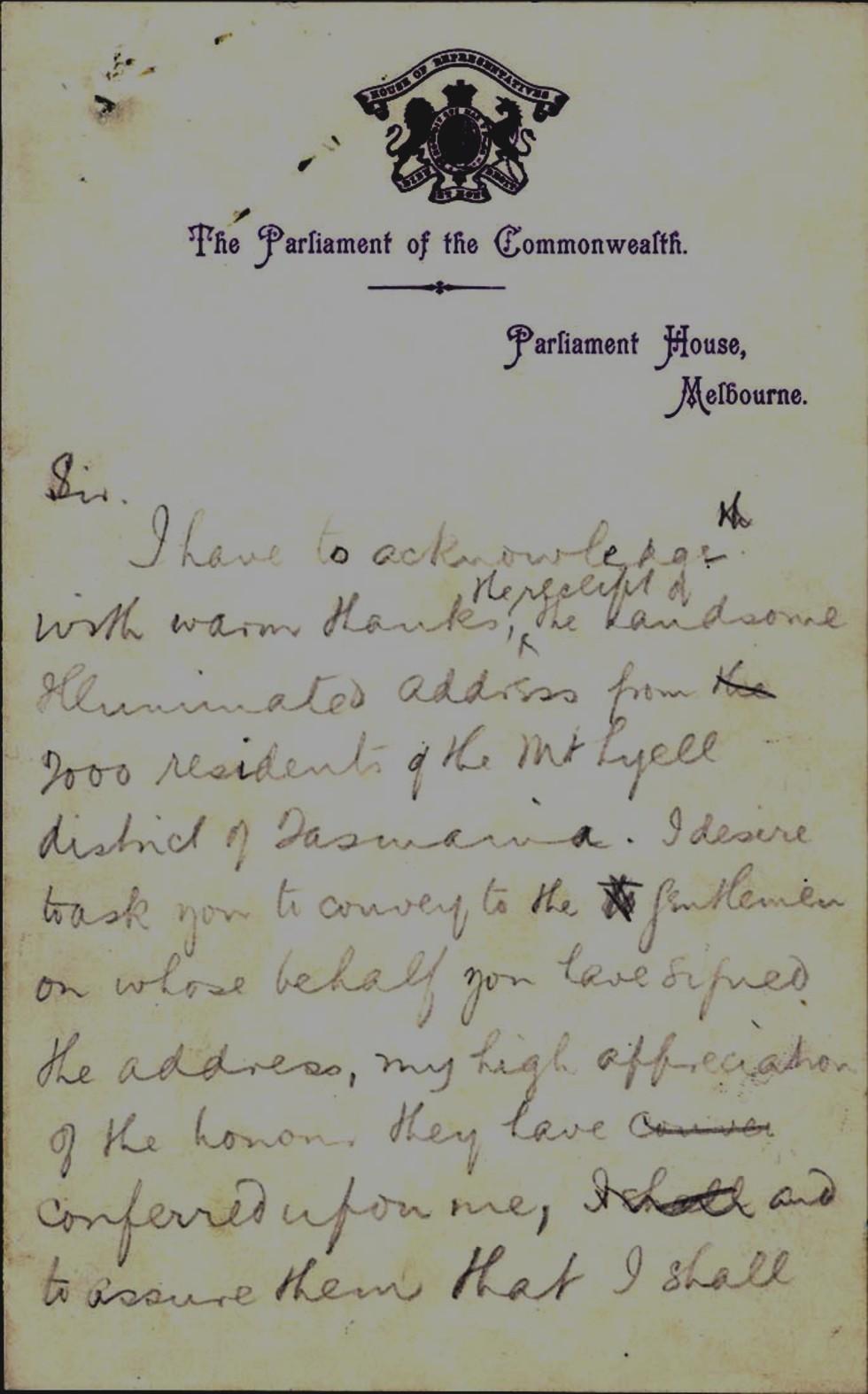
Letter acknowledging gift of an illuminated address from 200 residents of the Mt Lyell district of Tasmania.
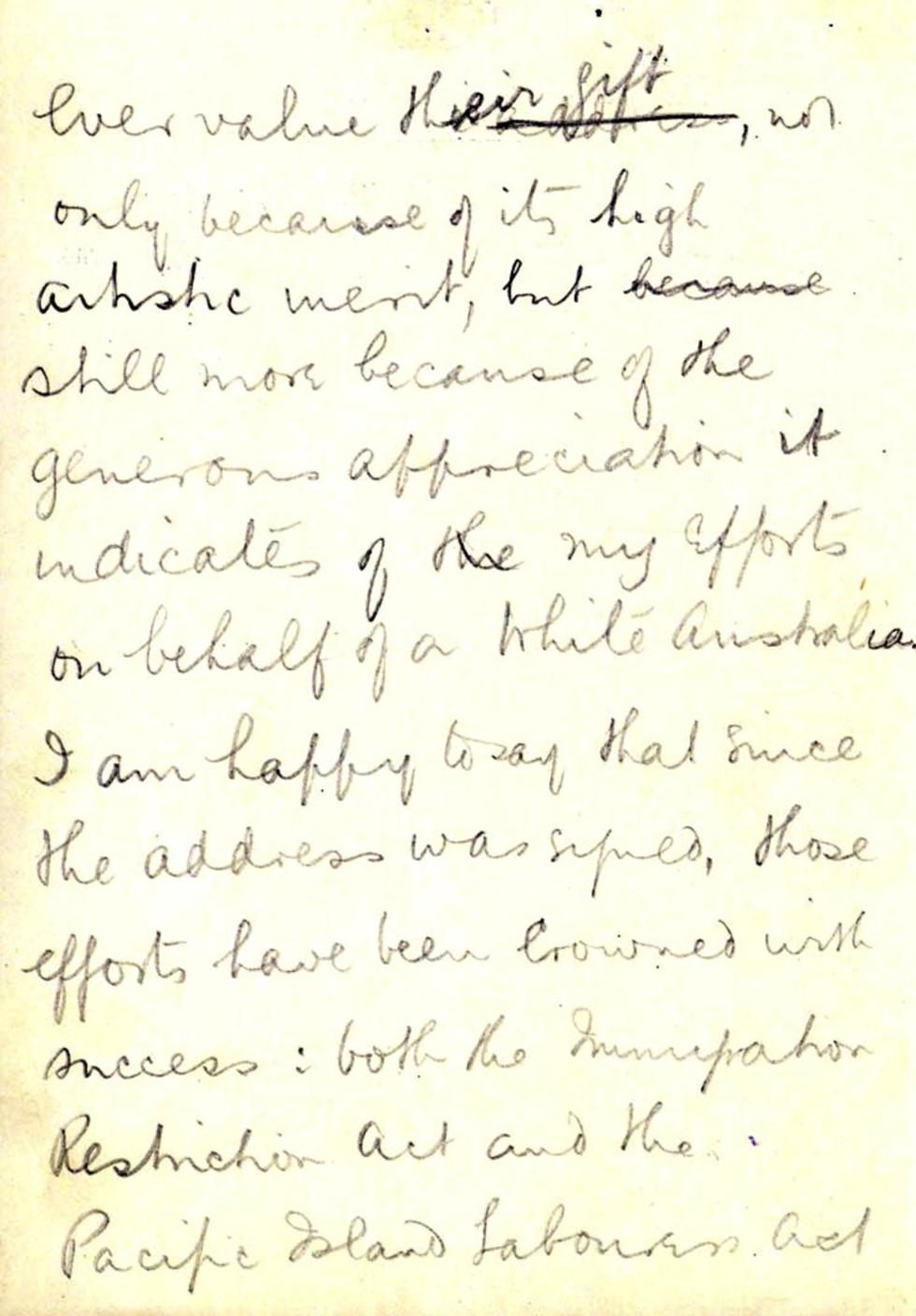
Letter acknowledging gift of an illuminated address from 200 residents of the Mt Lyell district of Tasmania.
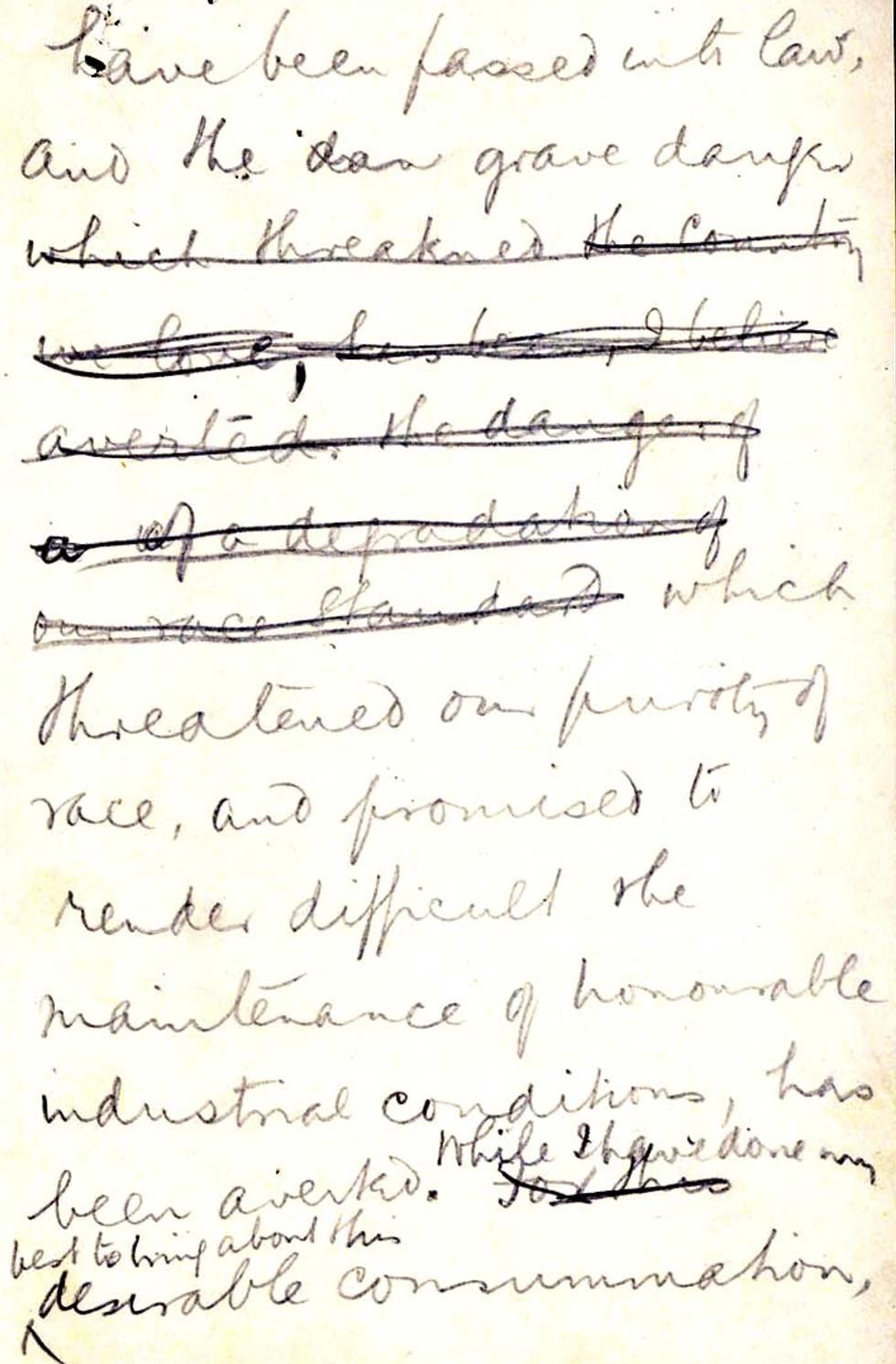
Letter acknowledging gift of an illuminated address from 200 residents of the Mt Lyell district of Tasmania.
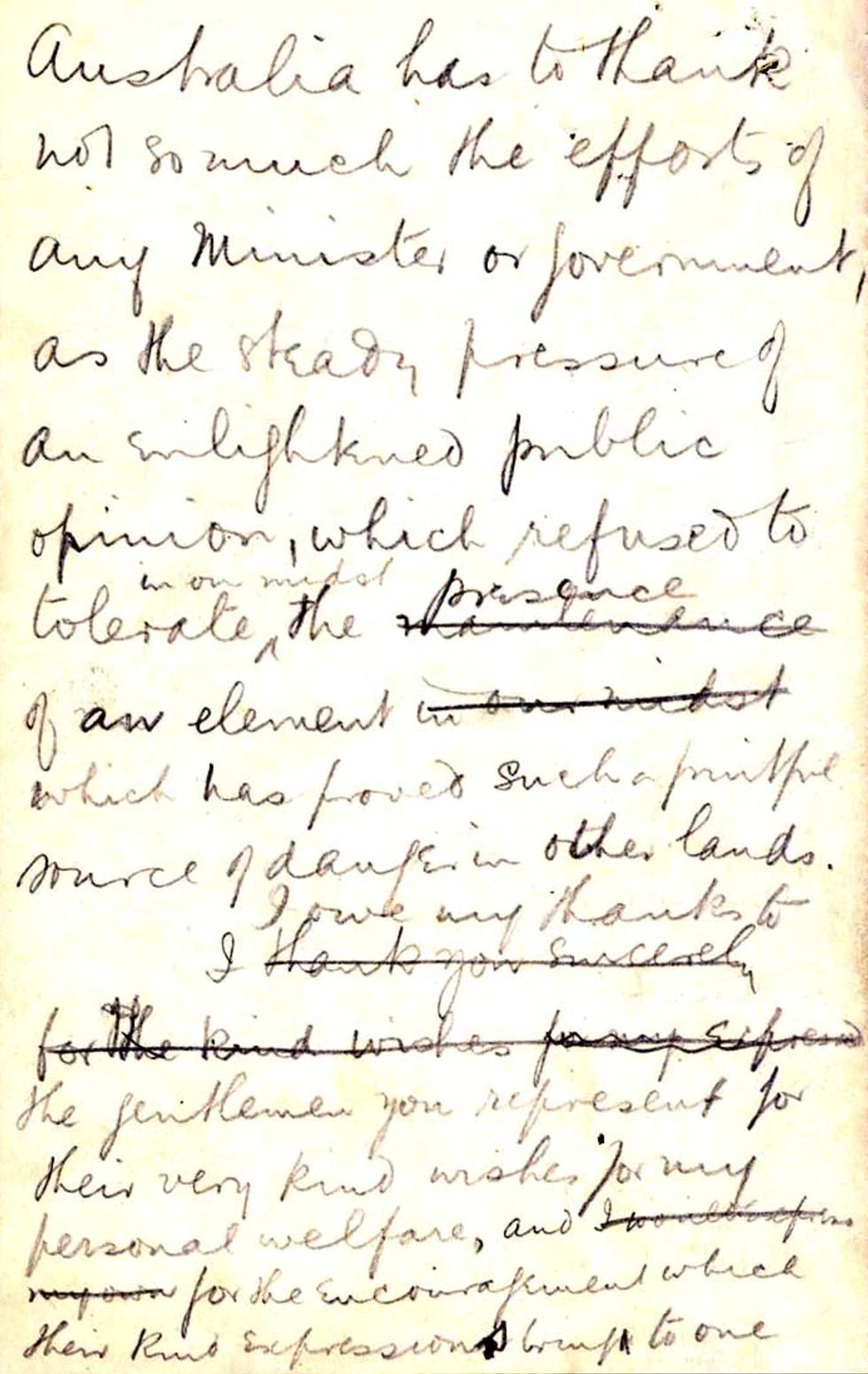
Letter acknowledging gift of an illuminated address from 200 residents of the Mt Lyell district of Tasmania.
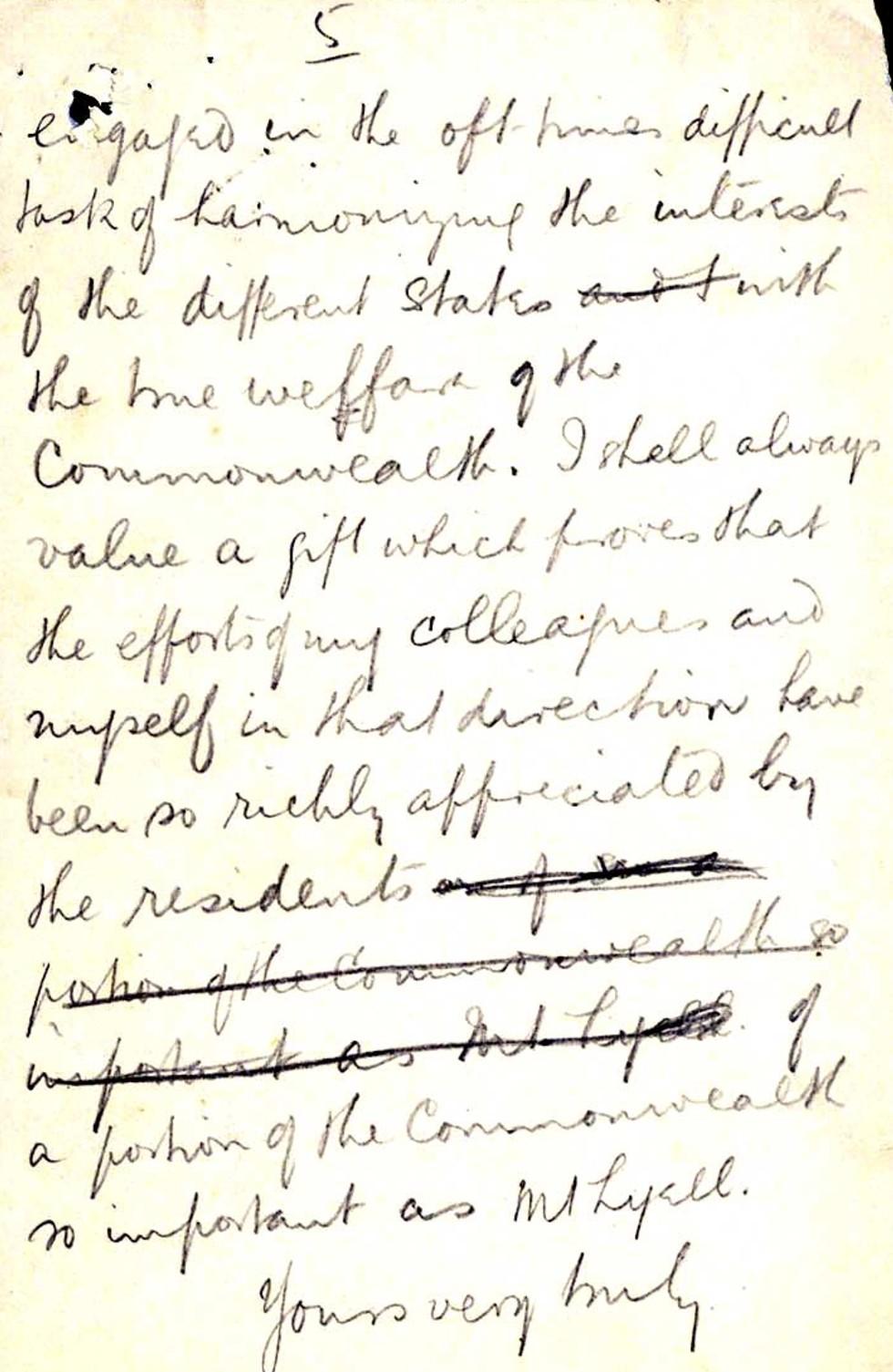
Letter acknowledging gift of an illuminated address from 200 residents of the Mt Lyell district of Tasmania.


